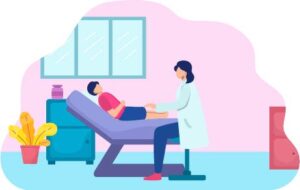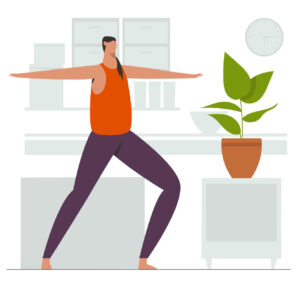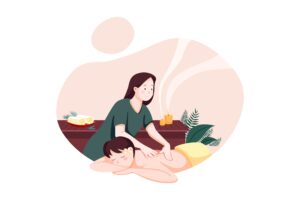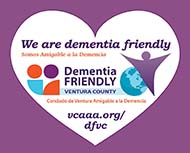There are several medication-free alternatives and integrative therapies that may reduce symptoms of Parkinson’s Disease or delay their onset. In addition, some of these methods may improve health and well-being, preserve physical function, ease symptoms and enhance the quality of life.
Healthy Habits and Lifestyle
Several lifestyle factors and foods may be neuroprotective, which means they protect neurons from further cell damage or degeneration. You may have seen our past blog on general healthy living tips. Getting an adequate amount of sleep is crucial to cognitive health. Make sure to keep your sleeping area cool, dark, and free from electronics. You can also review our past blog on healthy eating for seniors. Consuming foods high in fiber and omega-3 fatty acids are beneficial, while drinking an adequate amount of fluids can help prevent constipation which is common in Parkinson’s disease.
Exercise & Movement Therapy
Since Parkinson’s affects balance and leads to a gradual deterioration of motor skills, specific movement therapies may counteract those effects and help alleviate some symptoms. Research from the Parkinson’s Foundation suggests at least 2.5 hours of exercise a week for a better quality of life. Various types of exercise that can improve motor and non-motor symptoms include aerobic activity, dancing, strength training, stretching, and a combination of balance, agility, and multitasking movements. Assisted’s Physical and Occupational Therapists can determine safe and effective exercises and movement therapies in customizing a plan to help relieve pain, alleviate functional limitations, and limit fall risks. You can also check out some exercise tips in our past blog on exercising safely.
Staying Connected
In addition to understanding how PD can impact you physically and how it can impact your mood and emotions, it’s important to remember that you are not alone. Having someone to talk to can provide connection, comfort, and understanding. A counselor or support group can provide opportunities to talk about shared experiences, relieve stress, and build new friendships. Whether you seek a counselor or join a support group, sharing your feelings can help you navigate them and prevent isolation.
Brain Games
Research and anecdotal evidence show that keeping the brain mentally active and stimulated can help prevent any decline in mental faculties. Sudoku, crosswords, and reading are just a few ways to help maintain brain function. For more ways to keep your brain healthy and sharp, check out our past blog on keeping a sharp mind.
Acupuncture
Acupuncture is a staple of traditional Chinese medicine, whose basic principle is that simulating points along the body’s meridians, or energy pathways, can alleviate pain, among other positive benefits. Patients report that it helps alleviate such issues as fatigue and poor sleep. In addition, some animal studies have shown that acupuncture can be neuroprotective (slowing the degeneration of neurons that leads to PD), though those studies haven’t been duplicated in humans.
Tai Chi
Tai Chi This form of exercise promotes balance and coordination, so it stands to reason that it would be beneficial for PD patients. A 2012 study conducted by the New England Journal of Medicine found that three forms of exercise (resistance training, stretching, and tai chi) found that tai chi improved balance and stability in people with moderate PD. Check out these tai chi exercises in our past blog.
Yoga
A 2012 study found that yoga — particularly if it’s adapted for the needs of patients with a movement disorder like PD — can increase mobility, balance, strength, and flexibility. It may also help improve mood and help you sleep better.
Massage Therapy
Though not very well-studied, the effectiveness of massage in relieving side effects of PD, chiefly tremor, seems clear, even if that relief isn’t permanent. A 2016 review of studies showed a measurable reduction in muscle rigidity and resting tremor immediately after a 60-minute massage.
If you are thinking about trying out any of the therapies mentioned in this blog, it is essential to discuss them with your doctor first.
Assisted Home Health and Hospice can also help with daily tasks like meal prep and light chores and any non-medical assistance and therapy services. Support is available to ensure all your loved one’s needs are met in the comfort of their own homes, regardless of their physical or cognitive limitations. To learn more, call 800-949-6555 or visit us at www.AssistedCares.com.
Note: Check out our new Parkinson’s Disease Pinterest board at this link.















